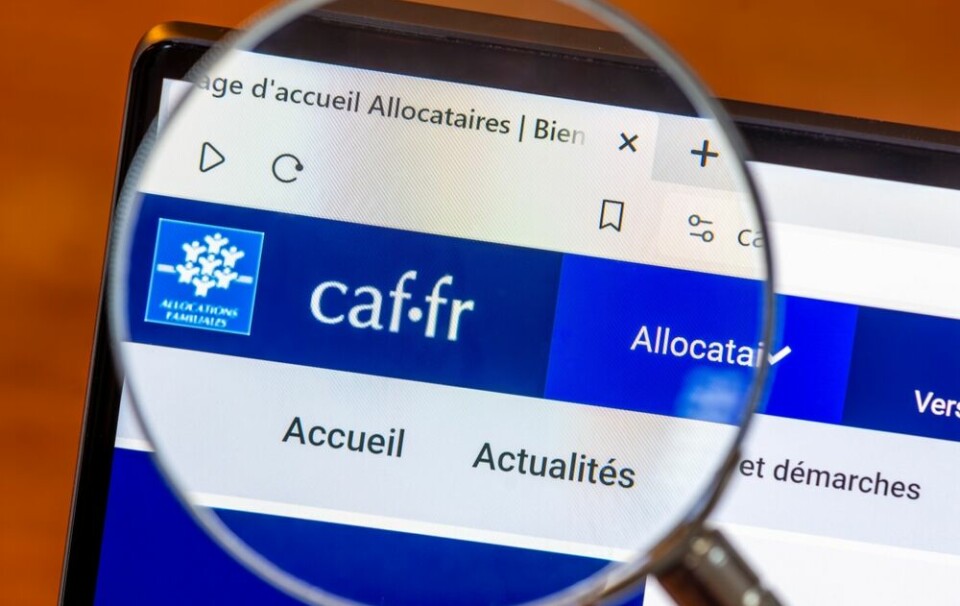Learning French: what is a gros mot?
This term is important to know for potty mouths
Un gros mot is a polite way of referring to foul language in everyday French
Krakenimages.com / Shutterstock
When the French talk about a ‘big word,’ supercalifragilisticexpialidocious and Mary Poppins are not what first come to mind. In France, describing a word as gros does not refer to its size or length but rather to how much offence it might cause.
Un gros mot actually means a swear word.
The language of Molière features an abundance of insulting profanities for expressing anger or frustration, but swear words are also often used to punctuate informal conversation.
Read also: Saperlipopette: a French expression of surprise
We look at how to use this child-friendly term as a polite way of referring to foul language.
What does un gros mot mean?
Un gros mot literally translates as, a big word, and implies that a particular term is considered vulgar or offensive.
In English, we talk about ‘bad words’ or ‘swear words,’ which should typically only be uttered by grown ups.
Gros has a few different definitions in French, but English-speakers might be familiar with the adjective ‘gross,’ synonymous with ‘disgusting’ or ‘rude.’ This could be a useful connection to remember the meaning of un gros mot.
Synonyms in French include:
When do you say un gros mot?
You will likely use this term when trying to set an example to young children or when politely referring to foul language:
Les enfants, peut-on éviter de dire des gros mots à table, s'il vous plaît ? - Children, can we avoid using profanities at the dinner table, please?
Les gros mots sont typiquement composés d'une série de consonnes explosives. - Swear words are typically made up of a series of explosive consonants.
It can also refer to weighty words or taboo ideas:
Aujourd'hui, ‘pollution’ et 'empreinte carbone’ peuvent être considérées comme des gros mots. - Today, ‘pollution’ and ‘carbon footprint’ could be considered curse words.
Je n'ai pas peur de parler d'argent. Pour moi, ‘dette’ n'est pas un gros mot. - I am not afraid of talking about money. For me ‘debt’ is not a vulgar word.
Read also: French town name Bitche censored on Facebook
A popular quote by French poet Eduard Pailleron is: L'amour ? Des grands mots avant, des petits mots pendant, et de gros mots après. - Love? Grand words come before, few words come during, and swear words come after.
To whom do you say un gros mot?
The term un gros mot can be used in a range of situations with both young people and adults. However, you might want to avoid referring to improper language in professional environments this could cause offence.
To read more about inoffensive use of swear words in France, take a look at: How to express irritation in French but in a polite way





























